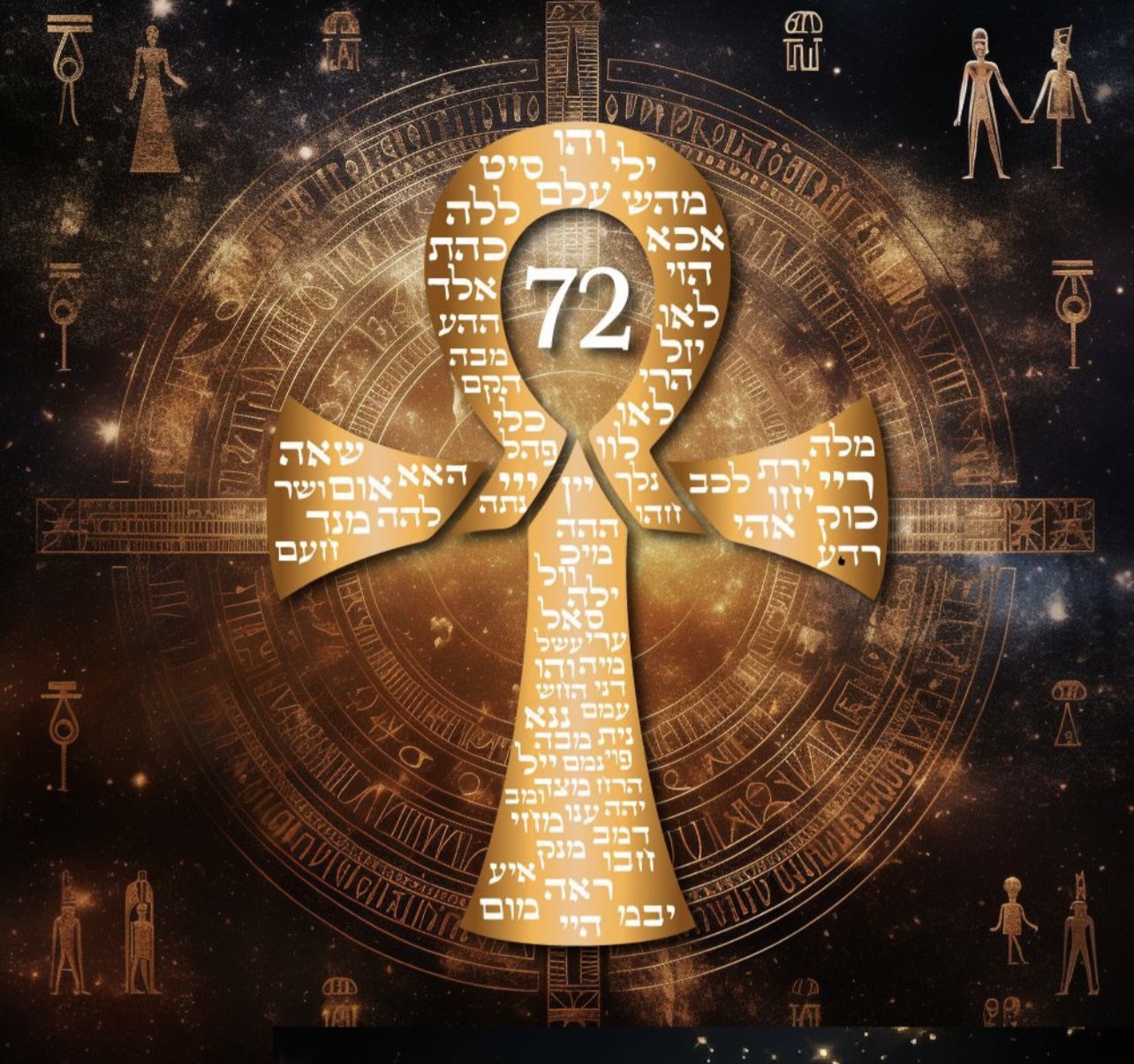The Silent Wound Behind Our Relationship with Money
- Sari Starr
- Apr 30
- 3 min read
For many, money is not just currency — it’s a mirror. One that reflects far more than just our financial status. It reveals how we value ourselves, how we relate to power, how we express (or suppress) our worth — and, most often, the wounds we’ve inherited without realizing it.
We tend to think of money as practical, tangible, external. But our relationship with it is often anything but. In fact, the deeper truths live in the subtle, emotional, and often subconscious realms — shaped by lineage, religion, and social programming.
The Emotional Undercurrent of Wealth
Even those who appear to have “enough” often struggle with guilt around receiving, shame around spending, or anxiety around holding. For some, generosity becomes a wound — a way to seek approval or avoid rejection. Others undercharge for their work or feel uncomfortable asking for compensation, as if their offerings must be “proven” or morally justified to be valuable.
These patterns don’t arise out of nowhere. They are learned. Inherited. Passed down like unspoken family recipes for survival.
If you were taught that money was “the root of all evil,” or that spiritual work should be offered without compensation, or that success must be earned through suffering — chances are, those scripts still run in the background of your psyche, shaping every financial decision you make.
Archetypes of Financial Patterning
In spiritual work, we often turn to archetypes — not as boxes to trap ourselves in, but as mirrors to better understand the forces at play in our lives.
When applied to money, archetypes can help us identify the roles we unconsciously play: the Martyr who gives until depleted, the Rebel who avoids structure, the Invisible One who hides their gifts, the Overachiever who ties worth to productivity, and more. These aren’t just personality traits — they’re survival strategies that once served us (or our ancestors) and are now ready to be re-examined.
By naming these energies, we begin to reclaim choice. We step out of the trance of inherited belief systems and into conscious relationship.
Money as Inheritance: Beyond Bank Accounts
What most people don’t realize is that money — or more accurately, the energy of money — is one of the longest relationships we will ever have. It’s a relationship we were born into, shaped by our families’ histories, religious conditioning, cultural taboos, and economic realities. And whether or not we have children, the way we engage with value and worth is something we transmit to others, consciously or not.
In this way, our personal money story becomes part of a much larger collective narrative — one we are either repeating or rewriting.
A New Paradigm: Reweaving the Sacred
To transform our relationship with money, we must go beyond budgeting spreadsheets and surface-level affirmations. We must enter the emotional and energetic dimensions.
This includes:
• Ritual and ancestral repair: Identifying and releasing vows of poverty, guilt, or self-denial passed through family lines.
• Somatic attunement: Noticing how your body responds to receiving, giving, charging, or investing.
• Spiritual reclamation: Recognizing money as an extension of life force — and treating it as sacred, not sinful.
True financial healing is not about chasing abundance as a lifestyle trend. It’s about uncovering the truths beneath the surface — the subtle contracts we’ve signed, the ways we seek love through sacrifice, and the beliefs that keep us small.
It’s about remembering that wealth is not just about money — it’s about the freedom to express who we really are, without apology.
In Magick and Mystery,
Sari Starr
We begin June 18th.










Comments